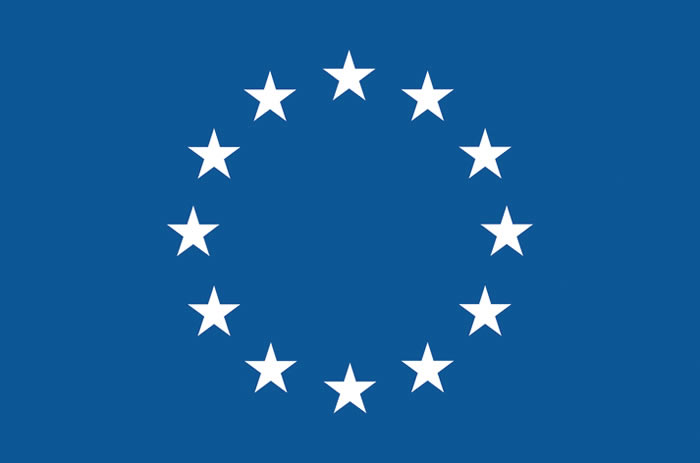Tasdemir, Deniz
Deniz Tasdemir is full professor of marine natural products chemistry at GEOMAR Helmholtz Centre for Ocean Research Kiel (Germany) where she leads the Research Unit Marine Natural Products Chemistry and GEOMAR Centre for Marine Biotechnology (GEOMAR-Biotech). Her research interests include marine biotechnology with focus on marine biodiscovery (against human and crop diseases), metabolomics and chemical ecology. She applies molecular network-based metabolomics, spatial metabolomics by imaging mass spectrometry (DESI-IMS), OSMAC, microbial co-cultivation and genomics as research tools on marine invertebrates, seaweeds and microorganisms from temperate and polar regions to discover pharmacologically and ecologically relevant marine secondary metabolites
Abstract:
Metabolomics-Assisted Discovery of Bioactive Marine Natural Products
Topic:
Marine natural product (MNP) discovery has had a short but very successful history, providing 14 MNP-derived drugs in the clinics, particularly against cancer. Many challenges, including the reisolation of known compounds hamper MNP discovery. Classical LC-MS dereplication approaches with low identification success partly addresses the rediscovery issue. Automated metabolomics workflows, e.g., MS/MS fragment similarity-based molecular networking (MN) and in silico machine-learning methodologies revolutionized metabolomics approaches, significantly enhancing NP annotation rates. In our search for anticancer metabolites, we applied a UPLC-MS/MS-based MN dereplication strategy to crude extract of an Antarctic deep-sea sponge, Latrunculia biformis. It that showed, for the first time, the presence of tsitsikammamine type bispyrroloiminoquinone alkaloids in this sponge genus. The combination of MN and anticancer activity-guided isolation scheme led to the targeted isolation of tsitsikammamine A and its new 16,17-dehydro analogue. The same strategy permitted isolation of a number of oligomeric discorhabdins from another L. biformis specimen, including the first trimeric discorhabdin alkaloid bearing a novel C−N bridge (C-1/N-13) between discorhabdin monomers. The purified compounds exhibited significant anticancer activity against human colon cancer cells and/or showed affinities to established cancer targets, e.g., topoisomerase I-II and indoleamine 2,3-dioxygenase enzymes by molecular modeling and docking studies. Molecular networking also allows incorporation of additional information, such as biological activity. In another project, we mapped the in vitro anticancer activity and toxicity of marine microbial extracts onto their networks. The application of the so-called bioactivity-based MN (BBMN) workflow on the C18-SPE fractions obtained from the CHCl3 subextract of a marine fungus enabled us to predict the bioactivity scores of metabolites in the fractions and aided mass targeted rapid isolation of polyketides with anticancer activity. Modern metabolomics approaches are versatile assisting the prioritization, rapid and targeted purification of novel and bioactive metabolites, thereby accelerating drug discovery efforts on marine invertebrates or microorganisms.
Back to speaker overview Back to Oral- and Flash presentations overview





